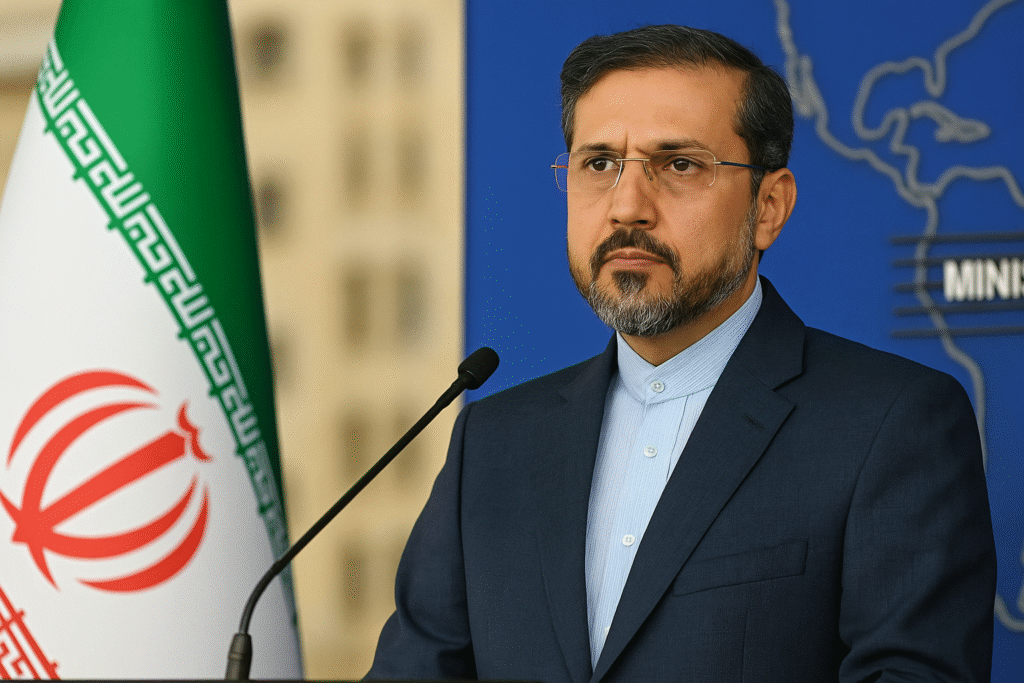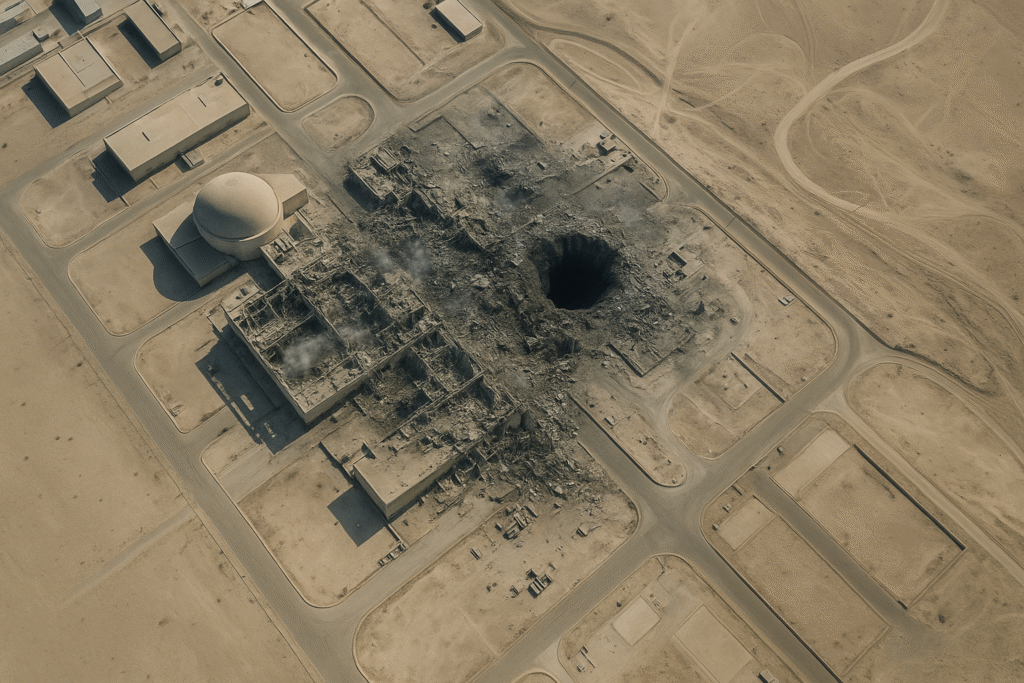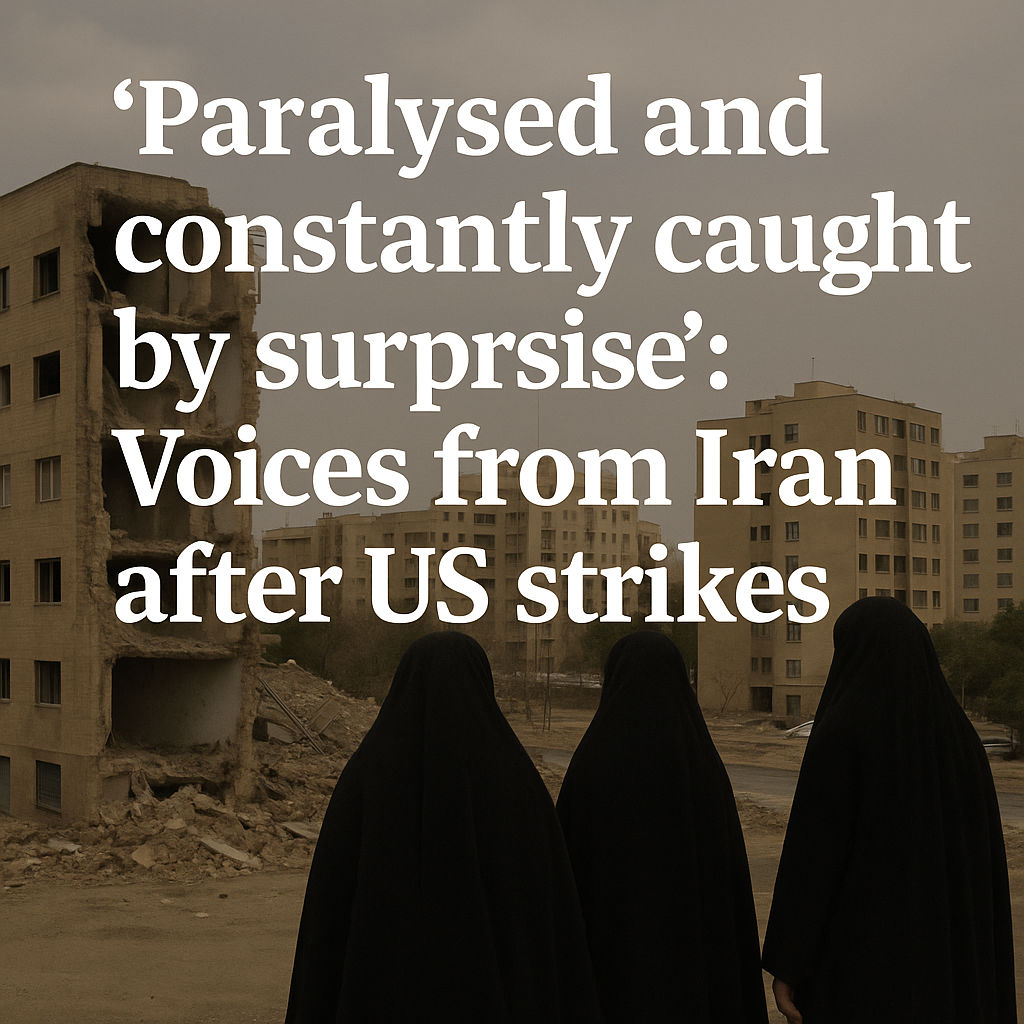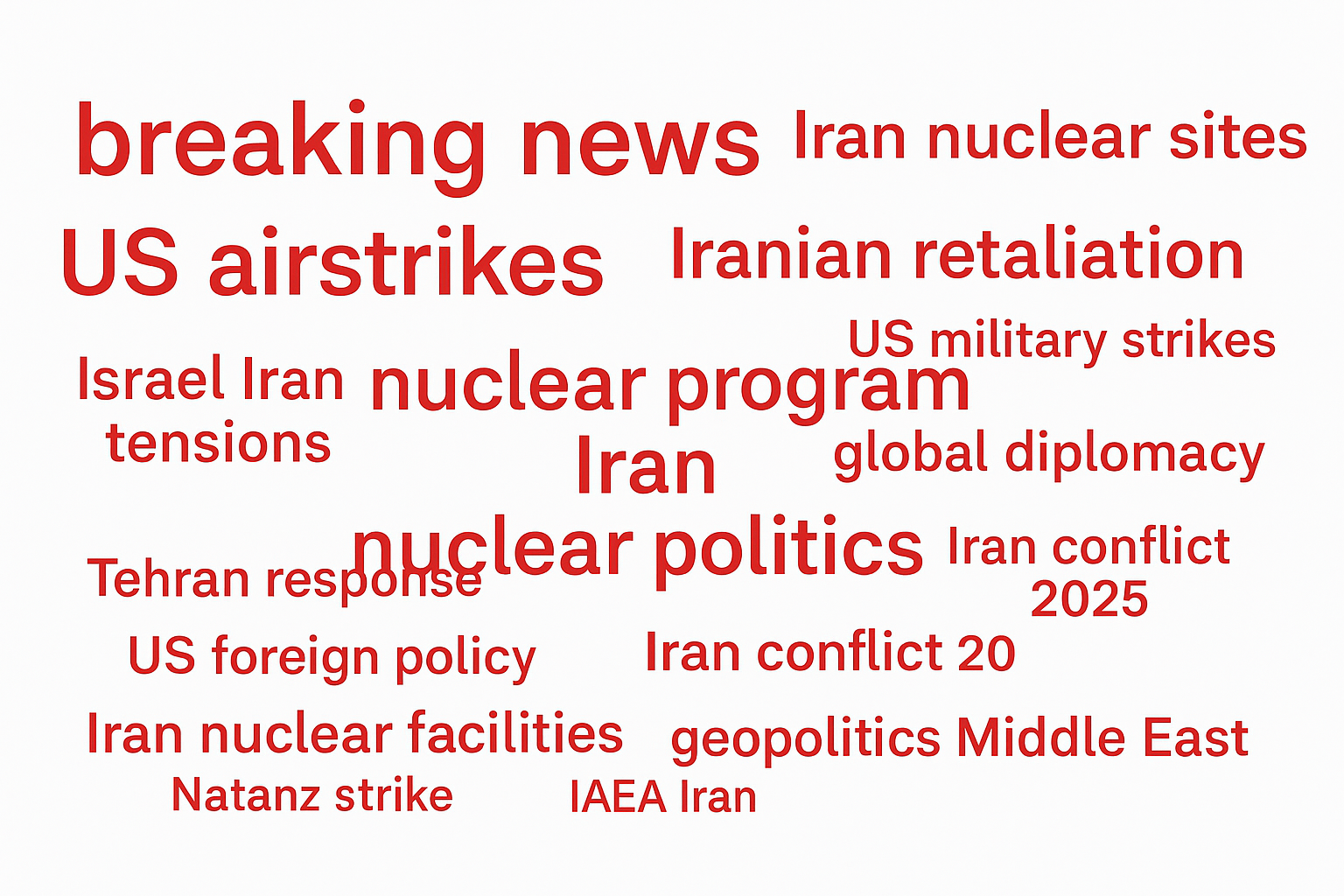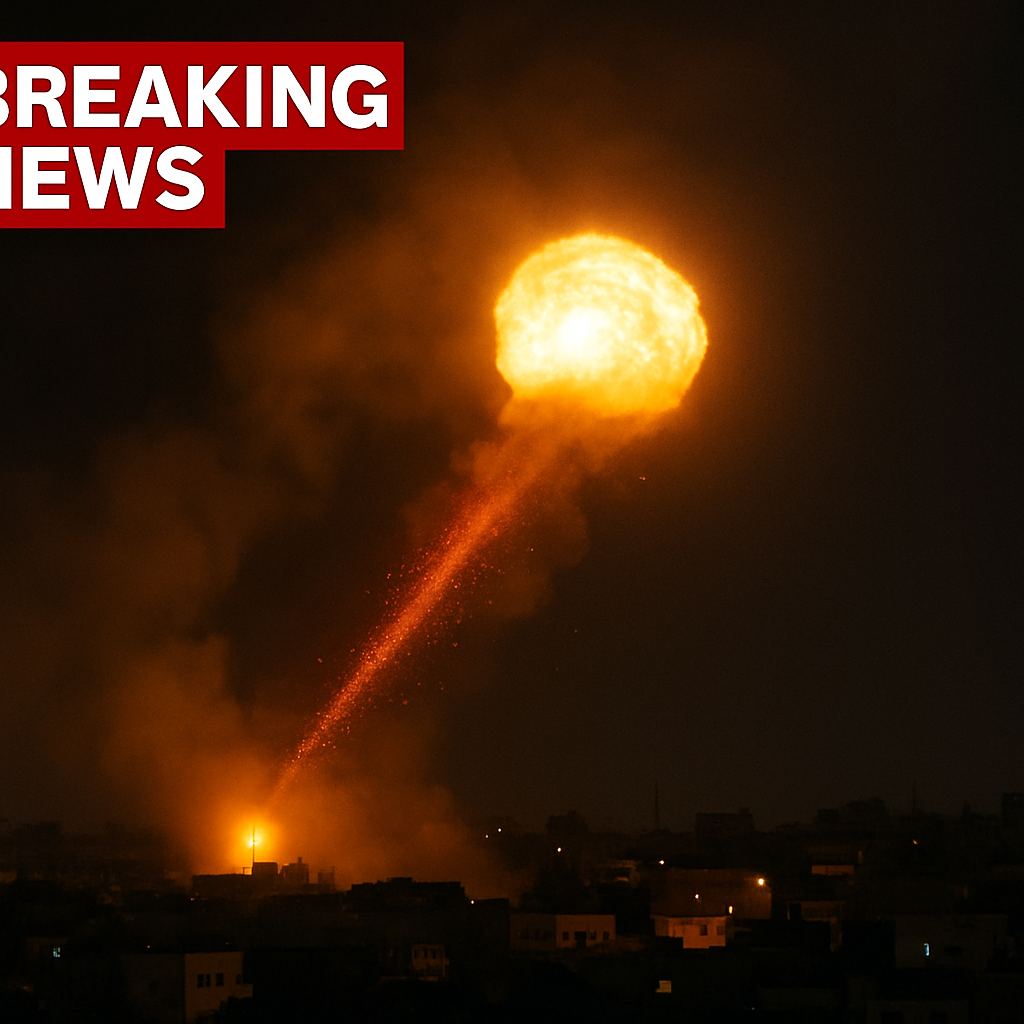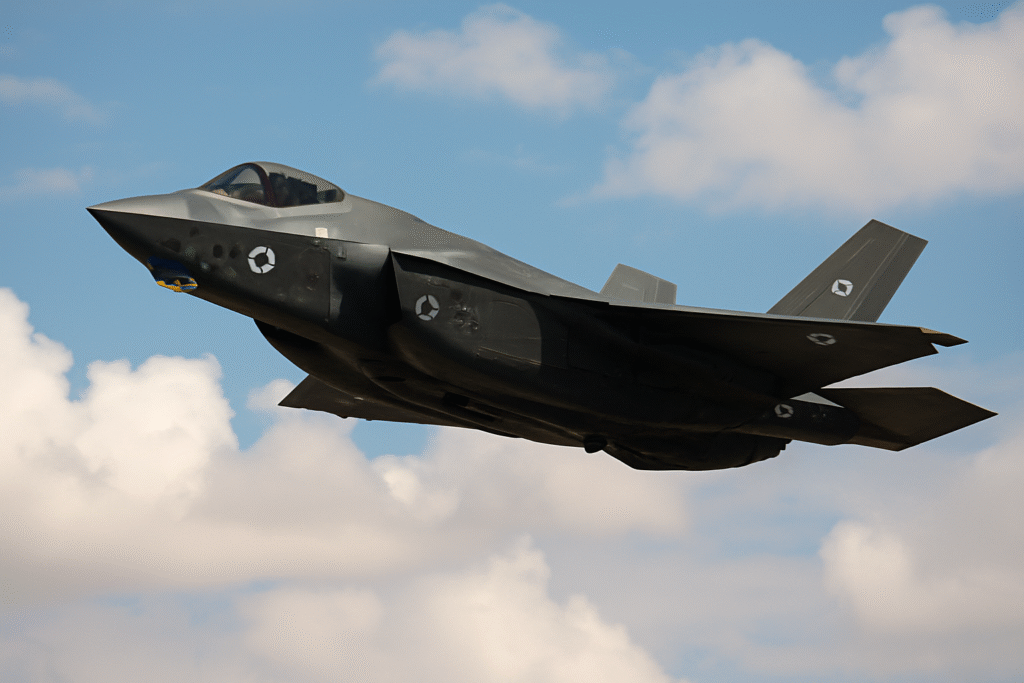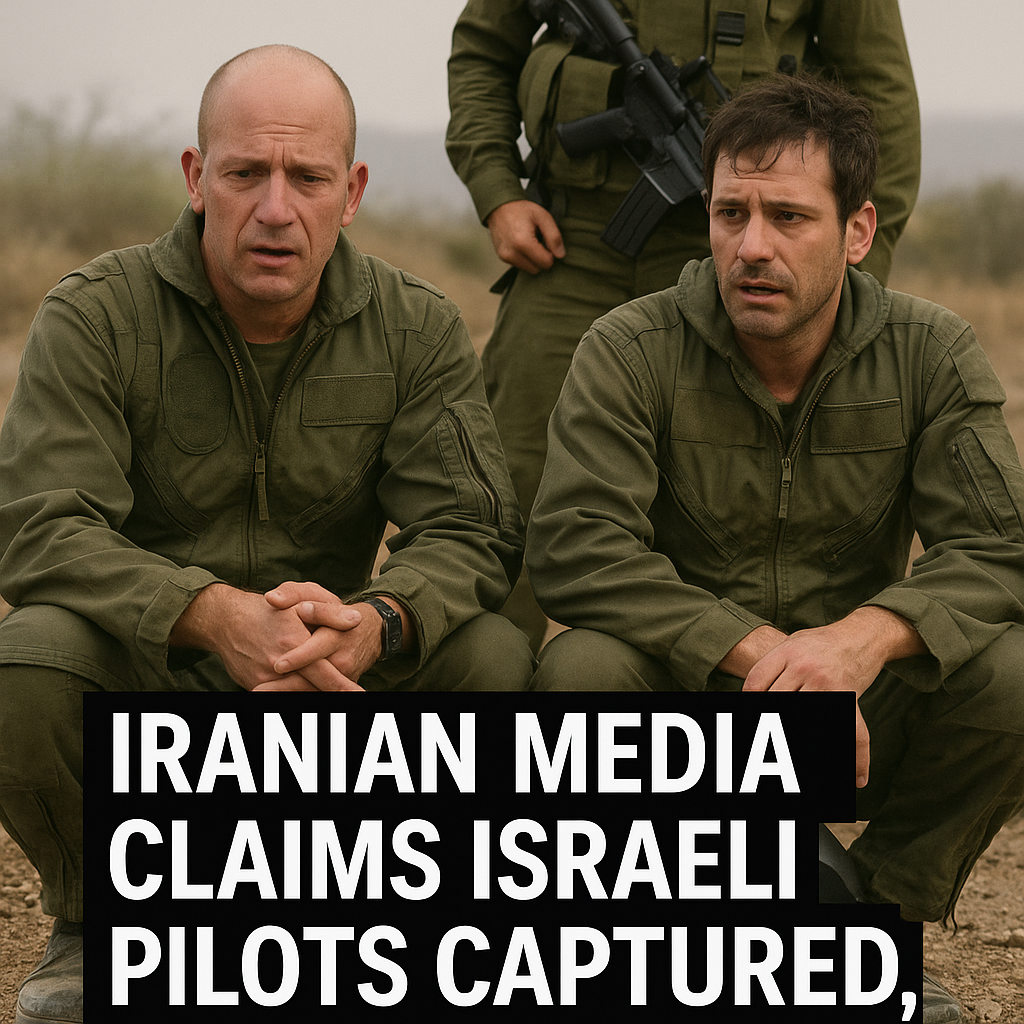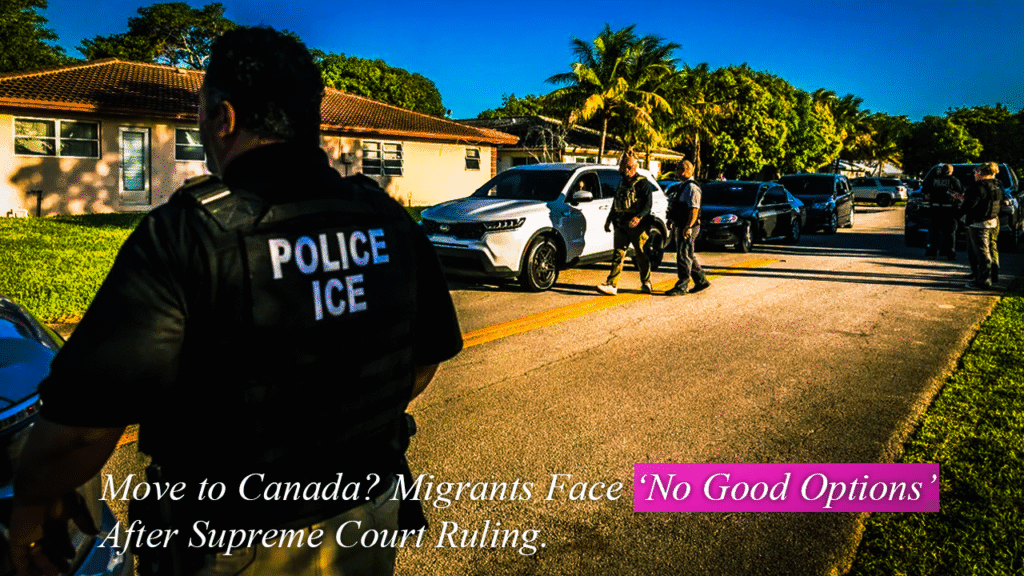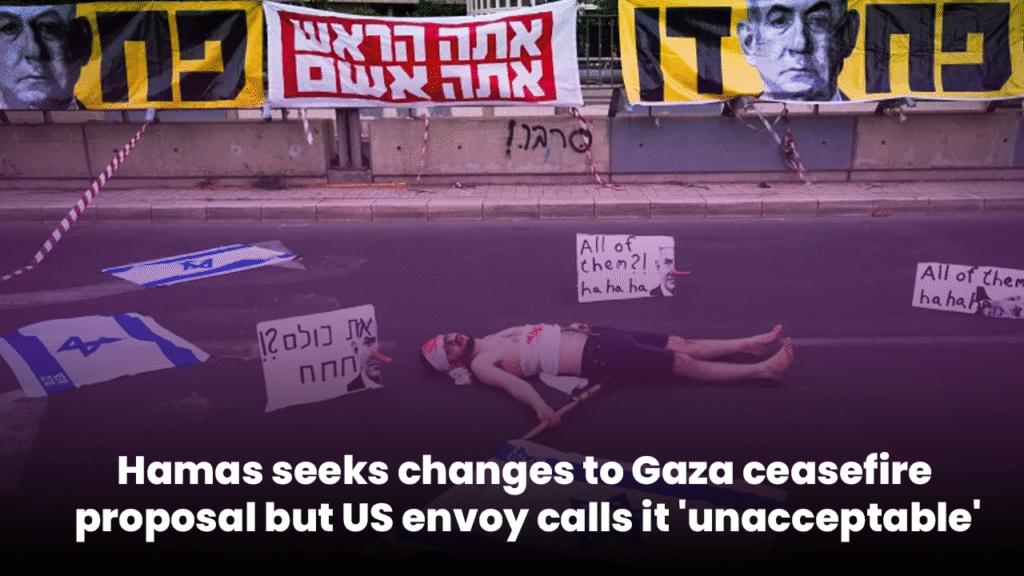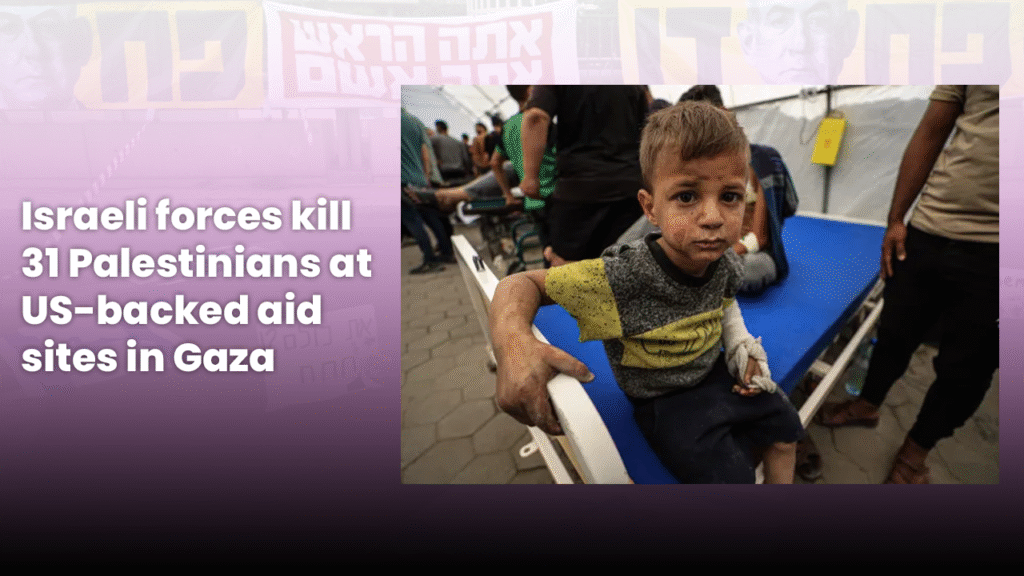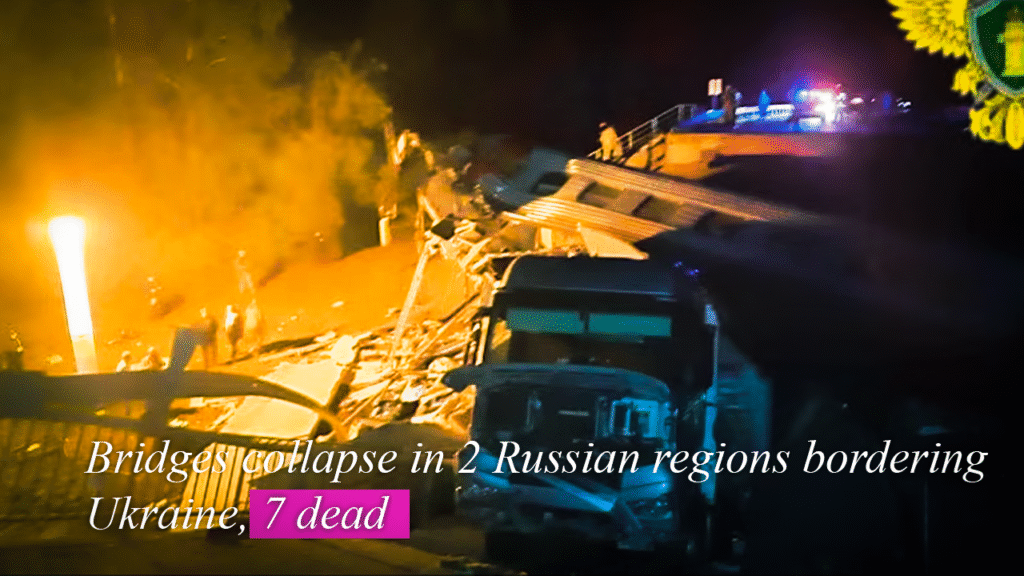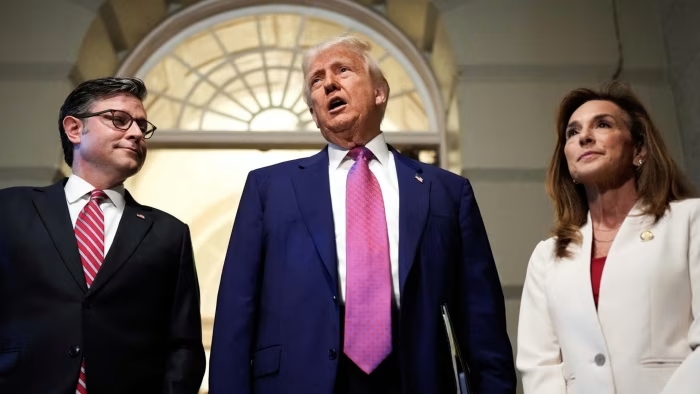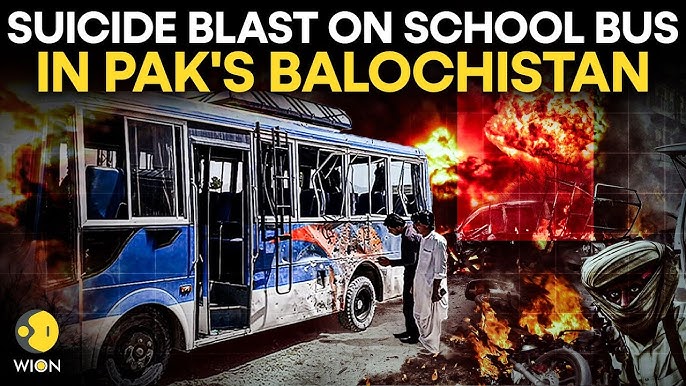Hamas seeks changes to Gaza ceasefire proposal but US envoy calls it ‘unacceptable’
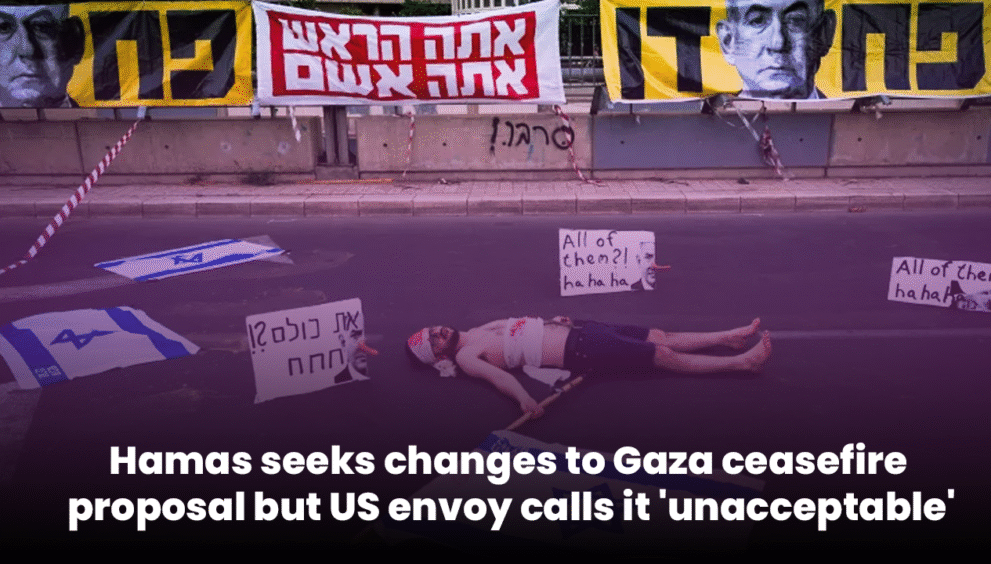
The continued attempts at brokering a Gaza long-term ceasefire, through negotiations between Hamas and Israel, have been met with yet another major obstacle that has proven to be decisive. The new obstacle takes the form of Hamas submitting amendments to a deal supported by the United States, which were in turn described by American officials as “unacceptable.” The diplomatic impasse takes place against a mounting tide of international pressure for a peaceful resolution and an immediate end to the humanitarian crisis being felt in Gaza.
An Overview of the Current Ceasefire Proposal: A Comprehensive Examination
US-Supported Framework for Peace
Ceasefire proposal then pending consideration and discussion was initiated in support of and in association with the United States with a view to:
Enforce a multi-stage truce
Facilitate the release of Israeli hostages
Facilitate humanitarian assistance to reach the civilians
Establish the foundation for long-term stabilization of Gaza
Under this scheme, all hostilities would supposedly be ended in exchange only for a staged release of the Hamas-held hostages. An orderly, staged Israeli withdrawal, along with a flow of sorely needed aid and material for rebuilding infrastructure, would follow.
Hamas Responds with Amendments
Hamas, in its willingness to negotiate, has issued a series of counteroffers designed to make radical changes to the existing offer. Among these proposed changes are:
Permanent ceasefire guarantees
Complete and absolute withdrawal of Israeli troops.
A clear-cut road map to the lifting of the Gaza blockade
Conditions for prisoner exchange
The proposed changes are mainly aimed at not only settling short-term relief, but more so to give a comprehensive and effective solution to long-term grievances which have been ongoing for decades. These grievances are based on a long history of siege, occupation, and long-standing political impasse which has significantly impacted the situation.
Washington’s Response: The Offers Are “Unacceptable”
The Biden administration, as voiced via its Middle East envoy, has proclaimed that it is against the newly proposed Hamas conditions, deeming them as “unacceptable” or “not workable.” Authorities are highlighting the fact that the original offer had already asked Israel for difficult concessions, and tweaking it at this point could risk undermining the entire process of negotiations that has been formed.
This particular response is employed as an indication of increasing alarm on the part of many different constituencies that the position currently being taken by Hamas is most likely to either halt or completely destroy what many believe to be the sole remaining diplomatic avenue available in an area that has experienced appalling casualties and mass displacement of populations.
Implications for US Foreign Policy
The situation thus puts the United States in a specially sensitive and complex situation, where it has to walk the tightrope of balancing the intricacies of domestic political politics, the crucial support it provides to Israel, and the mounting international pressure to de-escalate tensions in the region. Washington’s adamant rejection of the suggested amendments unmistakably reflects its desire to keep the strategic pressure on Hamas, while at the same time ensuring that it is closely aligned with the urgent security issues that are being articulated by Israel.
Israel’s Stance: Deliberately and Carefully Aligned with the United States
Israeli Officials React to Hamas Demands
The government of Israel, led by Prime Minister Benjamin Netanyahu, has been loud in its adamant and impenetrable skepticism of any conditions that would assist Hamas in rebuilding its strength or obtaining more weapons. Their primary concerns are the following:
Making sure that Hamas’ complete and entire military capability is dismantled is important.
Taking measures to ensure that no version of a victory narrative for Hamas can emerge or be propagated.
Taking steps to avoid future attacks
Any indefinite ceasefire imposed without having attained these fundamental objectives is viewed by the Israeli political and military establishment as a key strategic setback.
The Security-Political Nexus in Israel
With domestic pressures mounting and growing every day, which particularly involves rising demands for hostage release and mounting criticism from the military families, the government of Prime Minister Netanyahu finds itself gingerly balancing on a tightwire. The scenario demands a delicate balancing act between the attainment of critical military goals on one front and the necessity of responding adequately to urgent international humanitarian issues on the other.
Gaza’s Humanitarian Crisis Continues
Alarming and Disturbing Humanitarian Indicators
With talks stalled, the already dire humanitarian situation in Gaza keeps on deteriorating. According to the most recent reports from the United Nations:
More than 35,000 Palestinians have been killed.
Infrastructure is significantly affected
Hospitals are running at reduced capacity
Provisions are not readily available and are in short supply, just like clean water and necessary medicine.
Civilian Pressure Mounts for a Truce
The Palestinian people—caught in the crossfire—are calling for an immediate cease-fire, with reports of widespread resistance to ongoing fighting. Civil society organizations throughout the Arab world and the international community are rallying to bring attention to the suffering of civilians under siege.
Geopolitical Implications Resulting from the Present Stalemate Scenario
Regional Players Share Their Thoughts
Regional players such as Egypt, Qatar, and Turkey are also working hard behind the scenes to mediate the current tensions, but it is something to mention that their leverage and influence in the current situation are still very limited. These countries are seeing their diplomatic capital being slowly depleted because they are facing what they see as United States and Israeli intransigence, as well as Hamas’ intransigence at the negotiating table.
Risk of Wider Escalation If the deadlock is not broken, experts forecast that:
More frequent military offensives
Spillover to the West Bank or southern Lebanon
Increased role of Iran-aligned militias
This trend can potentially lead to a multi-front war, which would greatly complicate and impede any attempt to bring stability to the region.
UN and International Community Response
International Calls for the Immediate Halt of Hostilities
The United Nations, the European Union, and several humanitarian groups have also made a denunciation aimed at both parties, for their actions that have helped continue and extend the suffering that numerous people have endured. They continue to insist:
Immediate cessation of hostilities
Unconditional release of hostages
Deployment of humanitarian neutral corridors
Sanctions and Diplomatic Pressures
Besides, there have also been rumors and speculation regarding the possible diplomatic repercussions that may arise, which are:
Sanctions against individuals or groups hindering peace
References to international courts.
Development aid will be cut sharply unless an acceptable solution is found.
Future Scenarios: What’s Next in the Future Years?
Stalemate or Breakthrough
The stalemate may continue, but diplomatic pressure is mounting. The following are most likely to occur in the future:
A revised and better version of the current agreement with only a few minor concessions.
A temporary suspension of humanitarian activities short of precipitating a political solution or agreement.
Total breakdown of the negotiations that result in new conflict Role of Future Political Developments Future elections in the US and Israel could also contribute to deciding on positions. Politicians will harden their positions or modify approaches depending on domestic political situations.
Conclusion:
The Call for Diplomatic Innovation Now With Hamas rejecting key aspects of the US proposal and the Biden administration unwilling to compromise, the Gaza ceasefire negotiations are at a sensitive juncture. The price of doing nothing in lives lost is immeasurable, and without out-of-the-box diplomacy, the door to peace can permanently close. Everybody’s eye is on Washington, Tel Aviv, and Doha, where in the next few weeks the fate of millions of lives could be determined.

 English
English 

